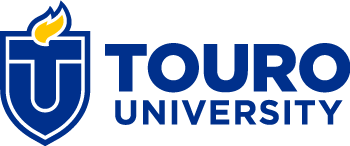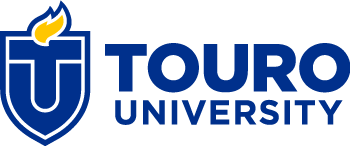At the forefront of AI in higher education
Touro University has appointed the nation’s first associate provost for artificial intelligence, who is leading an ambitious effort to integrate AI throughout an institution with 36 schools and colleges in 25 locations.
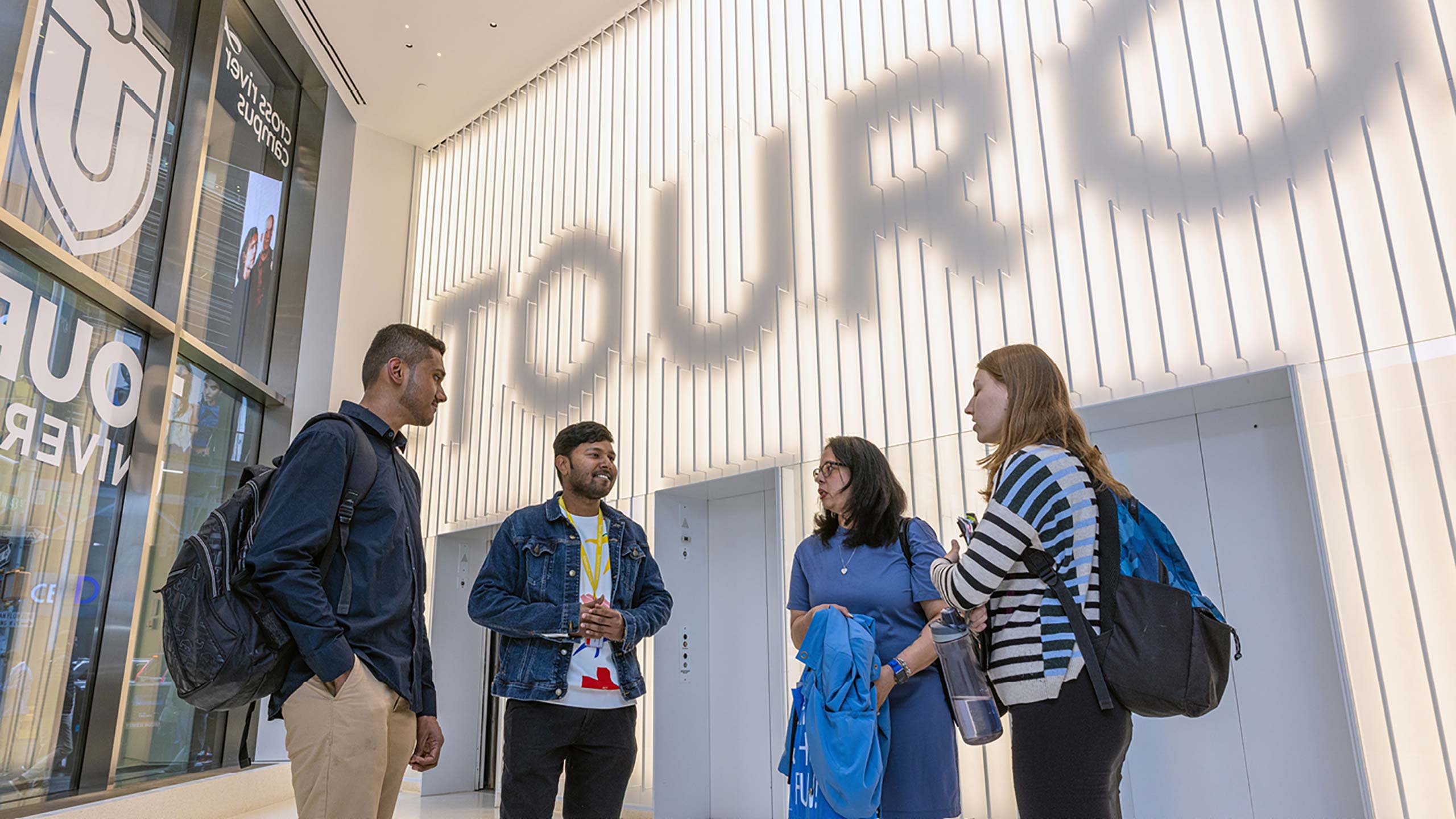
Since its founding more than 50 years ago, Touro University has built a reputation for being innovative, entrepreneurial and technology forward.
From its home in New York City, Touro has expanded to six other states and three other nations while developing world-class programs in health, medicine, business, science and other critical fields to serve and support diverse communities and address critical contemporary issues.
One of today’s most urgent challenges involves artificial intelligence, which has the potential to transform how people all over the world work, learn and play. That’s why Touro has appointed one of the nation’s first Associate Provosts for Artificial Intelligence to lead the Touro Initiative on Artificial Intelligence and show how other colleges and universities can harness the potential of this emerging and evolving technology.
“Too often, academia and industry merely react to advancements in technology,” said Alan Kadish, M.D., president of Touro University. “Touro has decided to take a proactive role to address AI’s promises and challenges now and for the future. With this new effort, Touro will emerge as a national leader in higher education in harnessing the power of AI in higher education.”
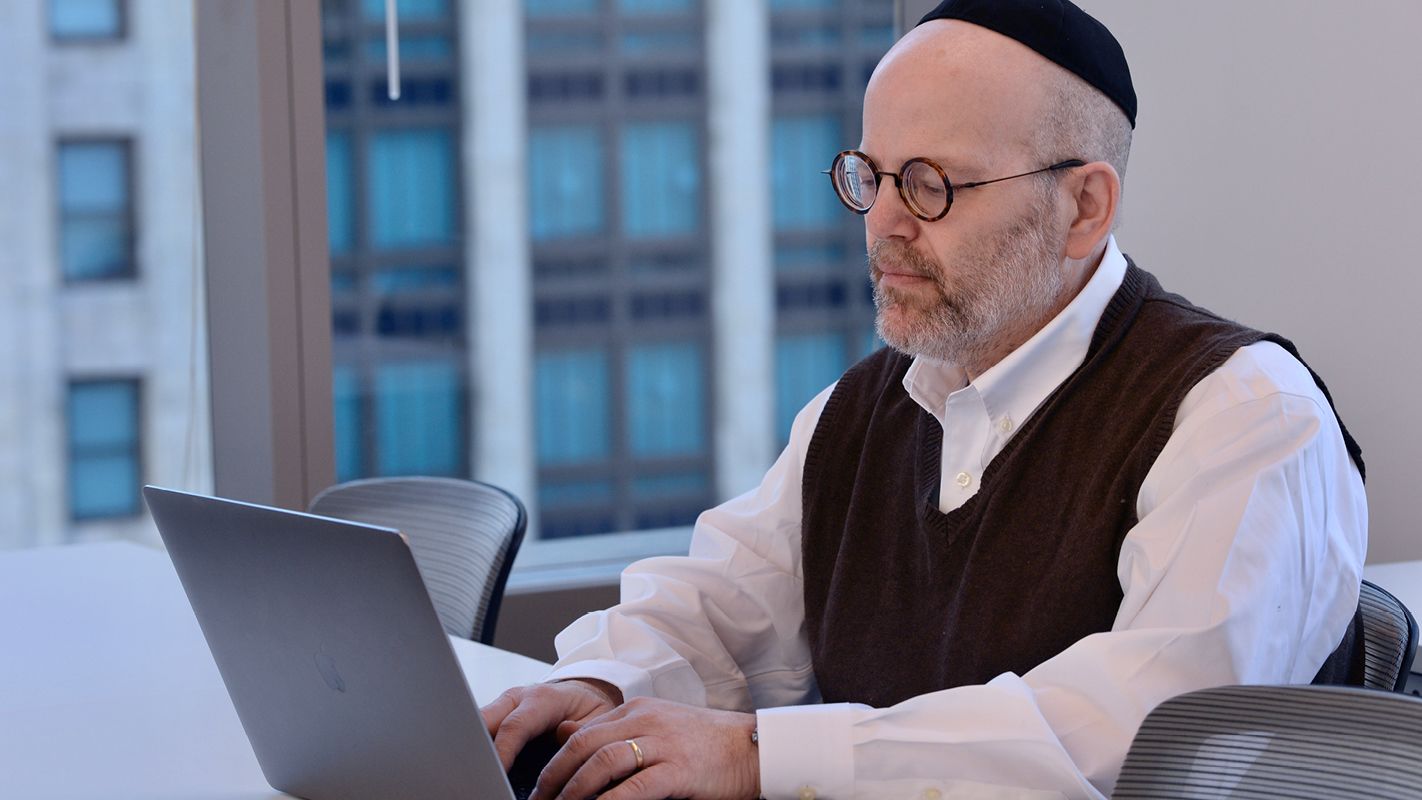
Meet Dr. Argamon
Leading Touro’s AI initiative is Shlomo Engelson Argamon, Ph.D., a computer scientist who was appointed in January as Associate Provost for Artificial Intelligence and professor of computer science.
As a researcher who specializes in AI, Argamon wrote his doctoral dissertation at Yale University on how mobile robots could use machine learning to navigate their way through the world. Argamon also is a forensic linguist, who seeks to use computational techniques to understand different language styles. At the Illinois Institute of Technology in Chicago, where he was a faculty member for two decades, Argamon chaired the computer science department and founded a master’s of data science program that has grown to more than 100 students.
Argamon said he was drawn to Touro — America’s largest private institution of higher and professional education under Jewish auspices — because of its mission to bring high-quality education to traditionally underserved communities. He was also attracted to Dr. Kadish’s vision of using AI as an integrating factor across multiple programs, schools and locations.
“When we think of building or using AI systems, we have to think about a larger system in which AI and human beings interact. It really has to be thought of as one unified whole.”
Unifying a university around AI
Touro is an enormous enterprise, with 19,000 students and more than 2,000 faculty engaged in learning and discovery across 36 schools and colleges in 25 locations, including a campus in New York City’s Times Square. An emerging leader in healthcare and medical education, Touro serves students and the community through New York Medical College, a College of Osteopathic Medicine with three campuses, a School of Health Sciences and a College of Dental Medicine. Touro also offers professional degrees in law, education and social work and undergraduate programs in the liberal arts and sciences and pre-professional disciplines.
Argamon will integrate AI throughout Touro in these four critical areas:
Education
Touro believes that every student must be AI literate — that is, they must understand how to use AI effectively, to know when not to use AI, and to be appropriately critical of AI-produced content. The university is now developing a new course to teach students about fundamental AI tools and concepts and how to become lifelong learners who can adapt to the future evolution of AI.
“Students will have to be agile so they can quickly change the way they think about and look at things,” Argamon said. “The AI systems of today will be entirely different tomorrow. We need to prepare our students with AI thinking skills so they’re ready to adapt to a world in which the technology and tools in their entire information environment will change very rapidly.”
Faculty will have to adapt, too. Argamon said he’ll introduce them to best practices that can enhance their teaching in this new AI environment.
“We have to assume that all of our students are using AI in some way, so we can’t just make AI use by students illegal because that’s never going to work,” Argamon said. “We have to figure out a way to work with AI, which means our faculty will have to think very deeply about precisely what they’re trying to teach. We can’t just teach the way that we’ve taught for the last 20 years.”
Research
In his brief time at Touro, Argamon said he has found that many researchers across multiple disciplines are asking similar questions and exploring similar topics around AI. Argamon said he wants to connect researchers with one another and with scholars at other institutions undertaking similar work to enhance research impact.
“My role, as I see it, is as a matchmaker,” Argamon said. By eliminating duplication of research effort, he added, “you’ll gain a lot of potential synergies and a lot of new and useful insights.”
Operations
AI is already used at Touro and elsewhere to improve admissions, recruiting and marketing efforts. But AI’s predictive power can be used to find new markets for Touro programs, to forecast building and equipment maintenance and make budget and financial projections.
The key to using AI to make university operations more efficient and cost-effective, Argamon said, is de-siloing — creating more collaboration and integration across academic and university units.
“One thing I hope to do, by having a university-wide role, is to bring people together and make the walls between different units more permeable,” Argamon said. “The vision is to make my office a nexus that can help connect a university that’s as diverse as Touro.”
Policy
Touro will need new policies and procedures to help it manage the fast-evolving issues around AI.
Already, Argamon has worked with Touro’s IT security team to help craft a new data privacy policy to protect the privacy of students, faculty and staff who use AI tools. The policy walks a very fine line “between discontinuing things that are dangerous and enabling us to use things that are useful,” he said.
Many potential AI challenges have emerged, but some are only beginning to be discovered. That will require constant revisions of current policies and writing of new policies to manage how this new technology can be used.
“People making policy need to have a good handle on what’s happening with AI everywhere on campus. They also have to recognize that not everyone has the same issues with AI,” Argamon said. “These are things that all organizations using AI will have to grapple with.”
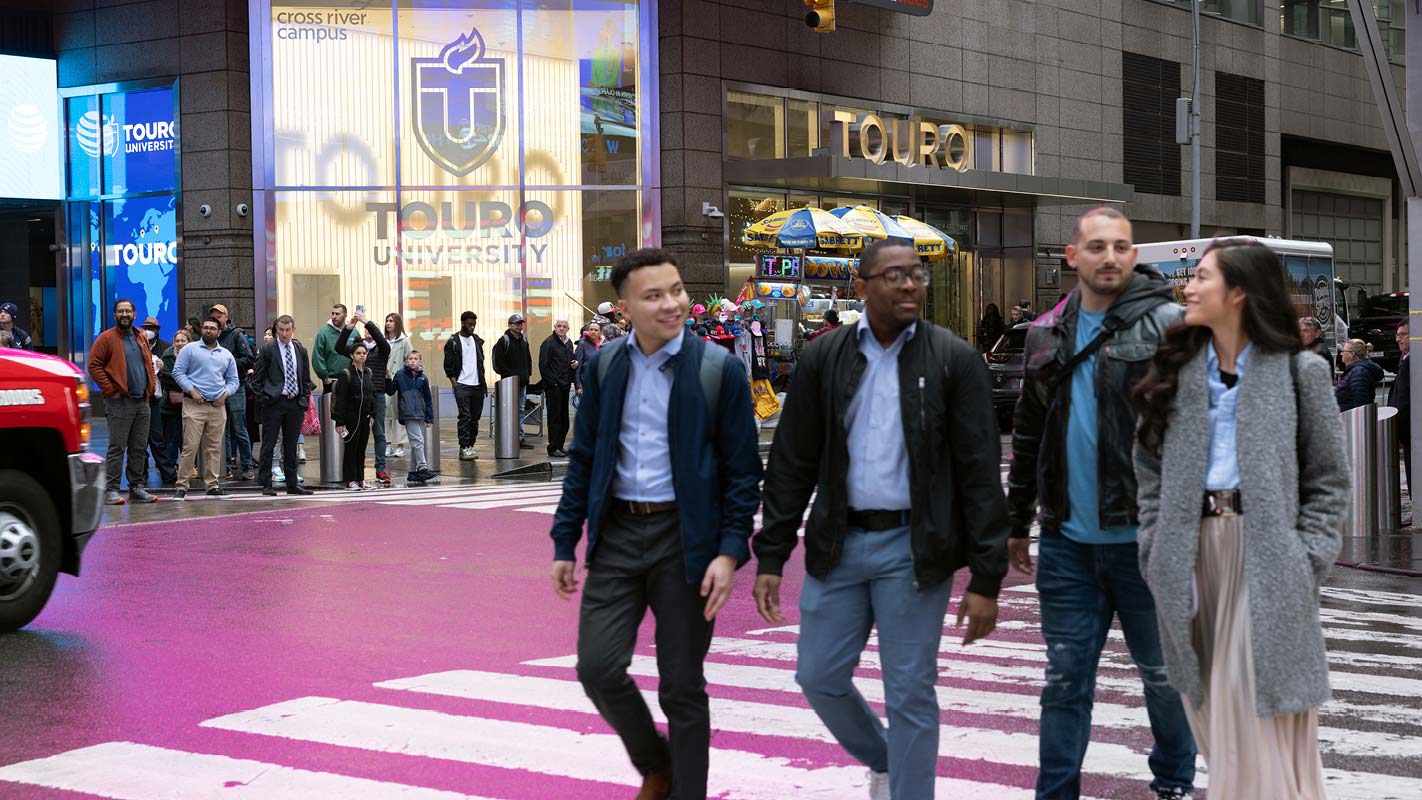
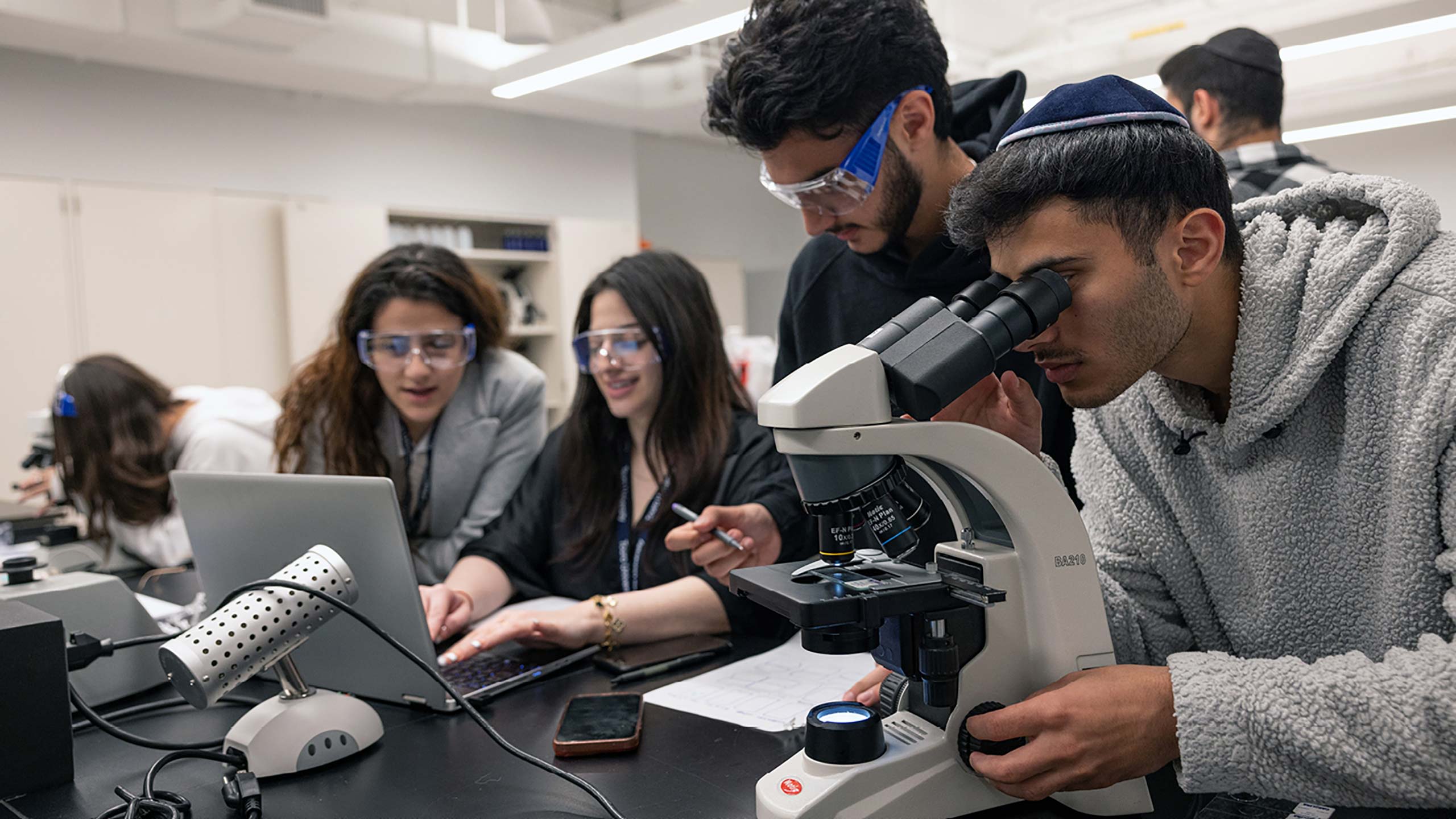
Integrating AI
Integrating AI into all aspects of Touro acknowledges that all four of these components are interconnected. Research discoveries of today will inform the classroom instruction of tomorrow. University operations affect both education and research. Policies govern all aspects of the university.
Argamon describes Touro as “a very entrepreneurial place,” where students, faculty and staff show initiative, feel a sense of ownership and are committed to looking for ways to advance the university.
“We believe the Touro Initiative on Artificial Intelligence will give our students a deeper and broader education,” Argamon said. “It’s going to help our students learn the material more deeply and more effectively. Our students will be able to use, evaluate and if necessary reject AI tools in their professional work. They’re going to be at the forefront of these exciting new developments.”
This content is sponsored by Touro University and produced by Inside Higher Ed's sponsored content team. The editorial staff of Inside Higher Ed had no role in its preparation.

